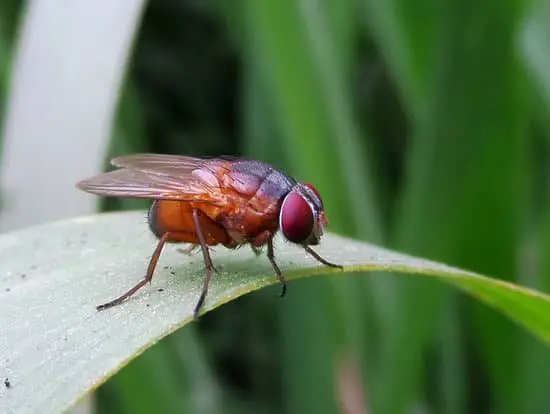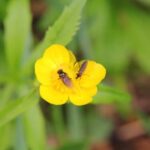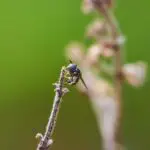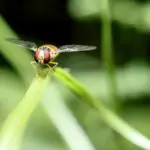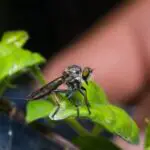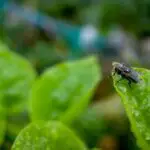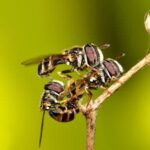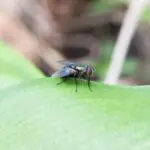How Do Flies Provide Pollination For Crops?
Flies are important in our ecosystem, and they play a crucial role in the health of our crops. We can make use of these insects by attracting them to fields and orchards and putting them to work in growing tunnels and greenhouses. In the future, the demand for food will increase and we will rely more on these insects for pollination.
Flies have many different types, but most of them are soft-bodied and can be as small as a few millimeters in length. Their adult stages are usually only a few days or weeks long, and most species do not survive the winter. Most fly species spend most of their time as larvae or pupae. They live a short time, and most predators will eat them. Flies use their vision and their wingbeats to move around and find food. Most of them also have a strong sense of smell.
Adult flies live for about fifteen to twenty-five days, and they can survive two to three days without food. When provided with the proper food, they live longer. They also do better in cool weather, which extends their lifespan. Flies also need food to reproduce, and a female fly can lay as many as 100 eggs, depending on temperature.
Fly breeding sites include horse manure, human excrement, and composted vegetable matter. Composting manure can be an effective way to control the fly population in your garden. If you have a compost pile, keep it well-maintained and turn it regularly.
